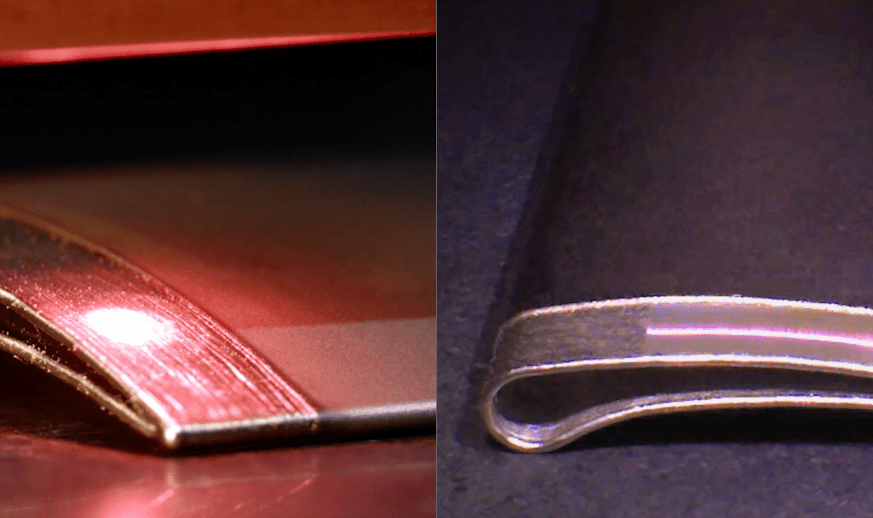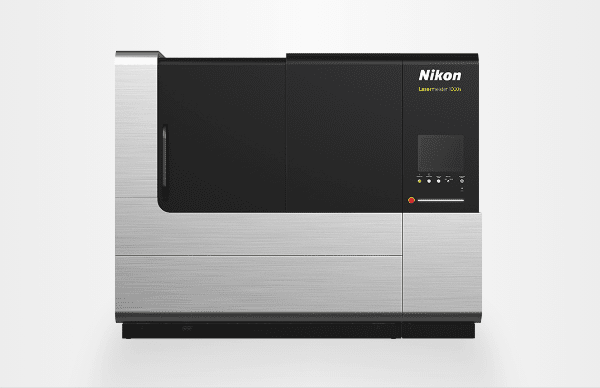Precise Processing
Precise processing, also known as precision machining, is machining to obtain more dimensional accuracy and surface roughness than can be obtained with general lathes and presses. Although there are no universal criteria for determining precision, in the metalworking field, precise processing is machining to an accuracy of several microns (1 micron is 1/1000 mm) to several tens of microns, and ultraprecise processing is machining to an even higher accuracy of less than 1 micron.
After basic machining processes, such as cutting and plastic working, have been completed, precise processing, such as laser cutting (precision laser processing), lapping, polishing, and honing, is performed according to the requirements of the material and the application. Single-crystal diamond tools are used to improve dimensional accuracy, surface roughness, and other precision features.
Precise processing is used to manufacture parts for industrial machinery and IT equipment as well as parts for engines and transmissions in automobiles and aircraft. It is also used to make medical products. Ultraprecision machining, on the other hand, is used in the manufacture of semiconductors and optical lenses. Because ultraprecision machining requires more advanced technology, companies that can perform it are fewer than those that can perform precision machining.
Synonym
Precision Process
Related terms
Precision Machining / Precision Laser Processing / Precision Product Processing
Related solutions


Ultra-high precision surface processing using a laser
Nikon's optical subtractive processing machine utilizes technologies…
See Details




